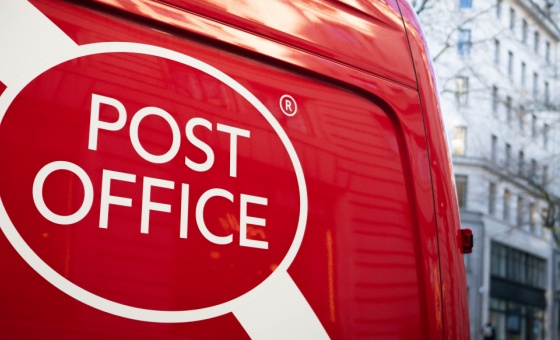This is the last article you can read this month
You can read more article this month
You can read more articles this month
Sorry your limit is up for this month
Reset on:
Please help support the Morning Star by subscribing here
Heineken in Africa: A Multinational Unleashed
by Olivier van Beemen
(Hurst, £11.99)
BRINGING commercial development, strengthening national economies and developing a vision of “corporate social responsibility,” brewing giant Heineken presents itself as a positive influence on the African continent. Its mantra is “people, planet, profit.”
But investigative journalist Olivier van Beemen thought this might not be the unvarnished truth and spent six years researching this thorough exposé of Heineken’s African operations. His exhaustive investigation into the murky world of Heineken Africa, its collaboration with unsavoury regimes, tax avoidance, human rights transgressions, the crushing of competition and exploitation of workers make this a highly readable book.
Finding that most information about Heineken comes from the company itself, he travelled around the continent interviewing hundreds of past and present employees, local people and government officials to piece together an alternative view of the multinational, exposing the unscrupulous role of neocolonial capitalism.
Heineken, the second largest brewer worldwide, has been producing beer in various African countries since the 1930s, siphoning off hidden profits and practising tax evasion whenever possible ever since.
Historically, the company has supported the ruthlessness of colonial powers in Angola, Mozambique, Rhodesia and South Africa in their repression of national liberation struggles, calling them “a bulwark against the black race.”
But as independence was achieved, Heineken adapted, expanded and thrived, partly due to inspired accounting and controversial business practises. In order to corner the market, the company mounts aggressive advertising campaigns promoting its beer as safe and healthy, despite the fact that local sorghum brews provide more nutrition, no added sugar and less alcohol, salt and calories.
Heineken uses its much-vaunted Corporate Social Responsibility Programme as a cover for advertising. It builds schools but paints them in corporate colours and logos and in Rwanda distributed 20,000 leaflets to children, ostensibly to teach them about safe drinking.
A scandalous aspect of product promotion is the use of so-called “promotion girls” who work in bars encouraging men to purchase Heineken. Wearing provocative clothing, earning low wages and forced to drink between up to 10 large bottles of Heineken a day, they face high levels of sexual abuse and must pay all resultant gynaecological expenses themselves.
Shamed into action, Heineken announced a series of improvements to their working conditions but when van Beemen visited Kenya in 2018 nothing had changed.
A 2002 WHO report states that the brewing industry creates unemployment by destroying old-established local brewing, with women hardest hit as they are the ones involved in production and sales. The modern corporate breweries are heavily automated and create few jobs, usually at a low level.
Some of van Beemen’s most disturbing revelations expose the levels of bribery and corruption that exist at the highest levels of government. In Nigeria, where Heineken controls two-thirds of the beer market, it writes the country’s alcohol policy and was given permission to plunder the national grain reserve, meant for use in the event of famine.
In Burundi, Heineken was complicit in securing an unconstitutional third term in office for President Nkurunziza. This involved the appointment of a top judge to the Heineken board.
Heineken makes huge profits in unstable countries where the authorities have been involved in human rights violations and has itself been found wanting in almost every area of human rights, gaining a score of only 32 per cent in the Corporate Human Rights Benchmark in 2017.
In the civil wars in Burundi and Rwanda, Heineken sold beer to all sides. The Rwandan massacres of 1994 were fuelled by excessive beer drinking but when asked why Heineken didn’t stop production during these atrocities, a spokesperson replied: “Why? As long as there’s a demand and we can produce, then I think there’s no need for it.”











